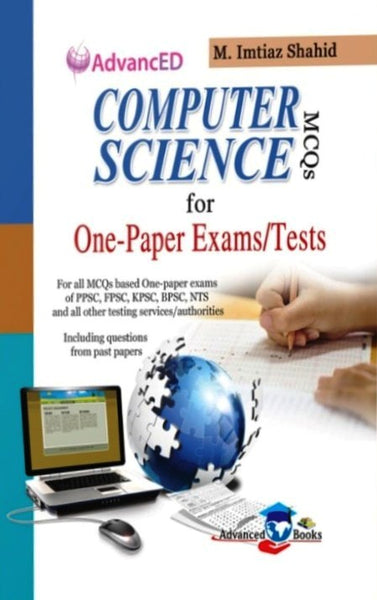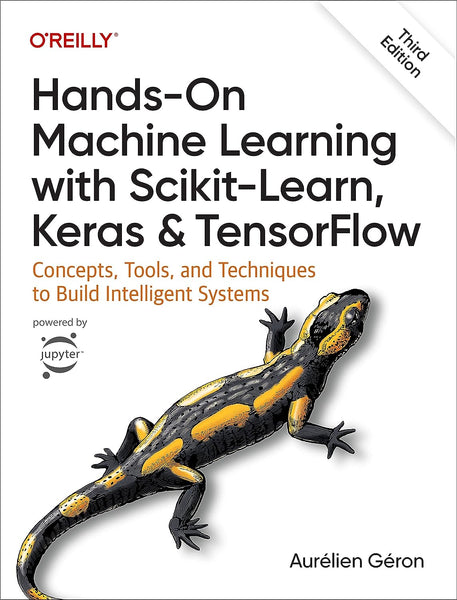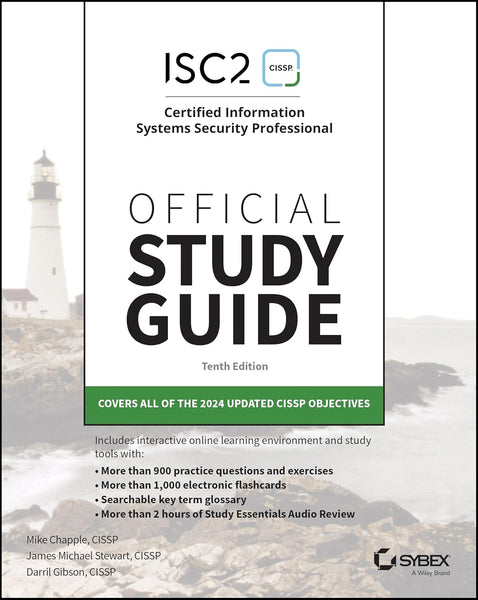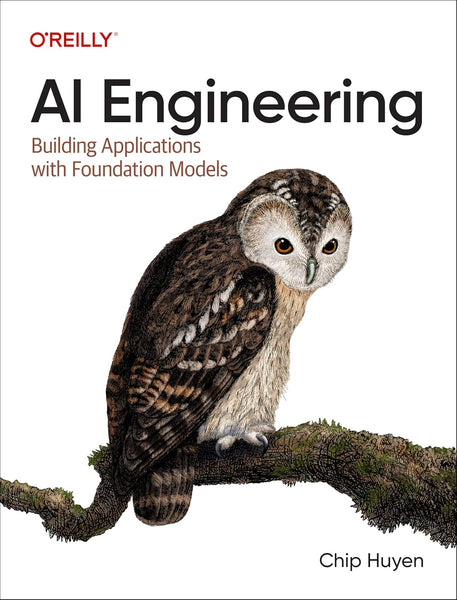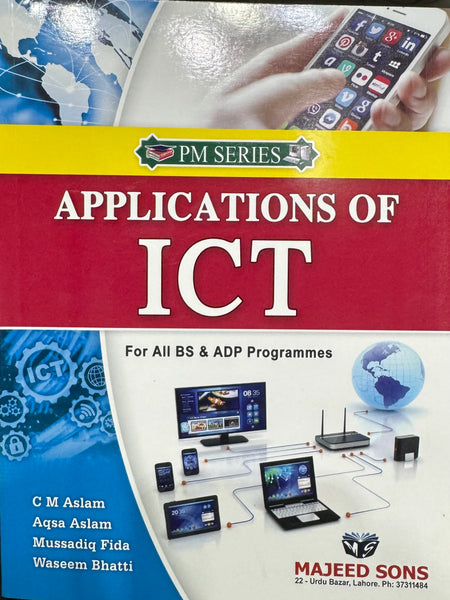Beginning C++ Through Game Programming 4th Edition by Michael Dawson (Author)
- Publisher: COMPUTER SCIENCE
- Availability: In Stock
- SKU: 46044
- Number of Pages: 447
Rs.1,060.00
Rs.1,250.00
Tags: Application Development , Beginner's Guide , Beginning C++ Through Game Programming , best books , Best Price , Best Selling Books , C++ Basics , C++ Best Practices , C++ Classes , C++ Data Types , C++ Development , C++ Functions , C++ Game Programming , C++ Game Projects , C++ Libraries , C++ Programming , C++ Programming Challenges , C++ Syntax , C++ Templates , C++ Tutorials , Code Debugging , Cross-Platform Development , File Handling in C++ , Game AI , Game Audio , Game Design , Game Development , Game Development Tools , Game Engines , Game Graphics , Game Logic , Game Loops , Game Optimization , Game Physics , Game Programming , Game Prototyping , Game State Management , Inheritance in C++ , Input and Output in C++ , Michael Dawson , Multiplayer Games , Object-Oriented Programming , Pointers in C++ , Polymorphism , STL (Standard Template Library)
Beginning C++ Through Game Programming (4th Edition)
Author: Michael Dawson
Quality: Black White Pakistan Print
Introduction
Beginning C++ Through Game Programming (4th Edition) by Michael Dawson is a practical guide for learning C++ programming through the development of games. The book is designed for beginners, providing a step-by-step approach to understanding C++ fundamentals while applying them to game development. Dawson uses a hands-on method, introducing concepts like variables, loops, functions, and classes through real game examples. The book includes revised content to align with the latest C++ standards and game development practices.
Key Points
- Introduction to C++ – Explains basic concepts such as variables, data types, input/output, and control structures.
- Game-Centric Approach – Teaches programming by building simple games, which makes learning engaging and practical.
- Object-Oriented Programming – Covers classes, inheritance, polymorphism, and encapsulation with examples from games.
- Pointers and Memory Management – Explains how to use pointers effectively and manage memory in C++.
- Game Loop and State Management – Introduces the concept of game loops and how to manage game state.
- Handling User Input – Discusses techniques for processing keyboard and mouse input within games.
- Advanced C++ Features – Covers more complex topics like file handling, exception handling, and templates.
Why Read This Book
The book's game-focused approach makes learning C++ more engaging and easier to understand for beginners. The step-by-step explanations and practical examples help reinforce key programming concepts.
Conclusion
Beginning C++ Through Game Programming is an excellent starting point for aspiring game developers and programmers. It provides a solid foundation in C++ while offering practical experience through game-based projects.



